
WASHINGTON -
Every year for Halloween, the controversy seems to rear its ugly head -- white Americans post photos from costume parties of their friends, or of themselves, dressed in blackface. They wanted to be Beyonce, or Diana Ross.
Instead, a painful debate about the history of race in America that is more than a century in the making is revived.
US journalist Megyn Kelly got fired over it. After she made comments on air that appeared to condone the use of blackface in Halloween costumes, a major backlash ensued, and she lost her NBC talk show.
The problematic custom dates back to about 1830, and so-called "minstrel shows" -- white performers caked their faces in greasepaint or shoe polish and drew on exaggerated lips in a caricature of blacks.
The stereotypes portrayed -- that blacks were somehow inferior, ignorant, lazy and even animalistic -- cemented racist attitudes for decades. Some of those images still exist today.
"Blackface was used to depict African Americans as not human, to justify and normalize and sanction violence," David Leonard, a professor at Washington State University who has written extensively on the subject, told us at France24.
A well-known white actor in minstrel shows, Thomas Rice, popularized the form. One of his characters was "Jim Crow" -- he claimed to have been inspired by a slave who was handicapped.
The name later was attached to laws that codified racial segregation in the United States.
"The history of blackface is one of violence, one of demonization, one of racism," Leonard said.
- 'Terrible mistake' -
Despite the recurring controversies about the use of blackface, Kelly slammed what she called the "costume police" on the October 23 live episode of "Megyn Kelly Today" in a segment about Halloween outfits.
"I mean, truly -- political correctness has gone amok. There are strict rules on what you may and may not wear issued by someone who thinks they're the boss of you," said Kelly, who is white.
"This year, the costume police are cracking down like never before," she added, one week before the annual festivities for Halloween, which is celebrated on Wednesday.
"What is racist? Because, truly, you do get in trouble if you are a white person who puts on blackface for Halloween or a black person who puts on whiteface for Halloween."
It was not her first controversial comments about race.
In 2013, when she was a news anchor at Fox, Kelly sparked anger when she said that Santa Claus and Jesus Christ were white.
Her latest comments sparked outrage, online and within her own workplace.
"While she apologized to the staff, she owes a bigger apology to folks of color around the country," said veteran NBC weatherman Al Roker, who is black.
Gayle King, a black news presenter at CBS, said: "She made a terrible mistake."
Her apology came quickly but the damage was done -- and compounded by her falling ratings.
Three days after the original comments, "Megyn Kelly Today" was pulled from the air, not to return.
- 'Everyday racism' -
For Leonard, Kelly's comments are only a symptom of a bigger problem -- the persistent denial on the part of many Americans of an unseemly part of their history, and "entrenched white privilege."
"It's a refusal to confront the history of racism in this country and refusing how race matters today," he said.
"We as white people should be listening to African Americans who say this hurts, this injures, this causes not only emotional pain but it has consequences," Leonard added.
"Those consequences are felt in everyday racism but also in persistent inequalities."
The university professor said the current political climate is not helpful in resolving such issues, especially with a president -- Donald Trump -- who "continues to leverage a white grievance politics."
The controversy over blackface bleeds into other issues, like the simmering debate over Confederate statues and monuments, and whether they should remain standing or be removed.
"This should be the beginning of a conversation. We must have a reckoning in this country," said black political commentator Roland Martin, who was invited onto Kelly's show the day after her comments.
"You can dress up like Diana Ross. Just don't put no damn black paint on your face," he added, referring to a cast member of "The Real Housewives of New York" who wore a giant wig and darker make-up.
Luann de Lesseps later apologized, saying the make-up was "tanning cream" and saying: "I didn't mean to offend anyone."
As for a Missouri woman who posted a photo of herself in blackface as Beyonce, she was fired from her job as a hospital nurse.







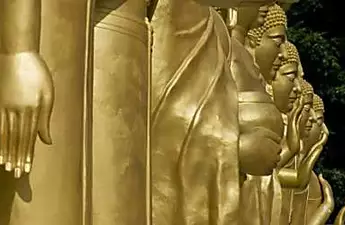
![[Gallery] 20 Most Dangerous Beaches in The World [Gallery] 20 Most Dangerous Beaches in The World](https://images.outbrainimg.com/transform/v3/eyJpdSI6ImU0ZTg4MDY3MmY3MDIyNTRmNzJjZmY0YmZmZDg5MGY2ZDJmMmVkNWVhODhmNmMzMTk1ZmMxMmM5NzQ4M2UyN2EiLCJ3IjoyMzAsImgiOjE1MCwiZCI6MS41LCJjcyI6MCwiZiI6MH0.webp)





![[Pics] Here’s What Happened When Couple Invented Brilliant Hurricane Defense [Pics] Here’s What Happened When Couple Invented Brilliant Hurricane Defense](https://images.outbrainimg.com/transform/v3/eyJpdSI6IjVkY2VmY2NlNWNmZWVjNWU1NzRjM2IyNzYxOGJkMWJhNDJmNzI1M2U0ZGIwMmI3OWNlNzQ3NmQ0NDU4NmUwMWUiLCJ3IjoyMzAsImgiOjE1MCwiZCI6MS41LCJjcyI6MCwiZiI6MH0.webp)




![What Foods Should You Avoid For Your Body Type?[Take quiz] What Foods Should You Avoid For Your Body Type?[Take quiz]](https://images.outbrainimg.com/transform/v3/eyJpdSI6ImU3MTVkNGQ2NjY4NmNjYzVmYWI3NjViMGQ3NTkzYzEyMWNjMDZkYzhjNzVkZTQ2NmM4ZmNmNDk2MzI3MmY2MjciLCJ3IjoyMzAsImgiOjE1MCwiZCI6MS41LCJjcyI6MCwiZiI6MH0.webp)



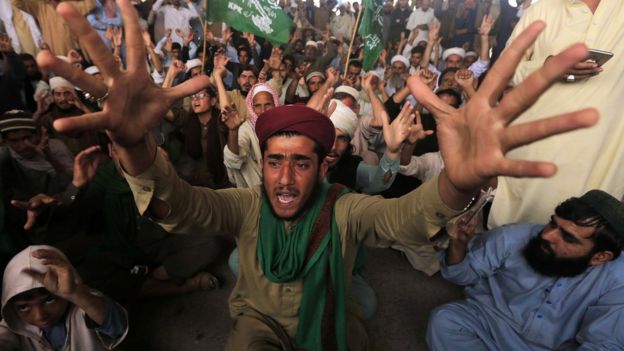
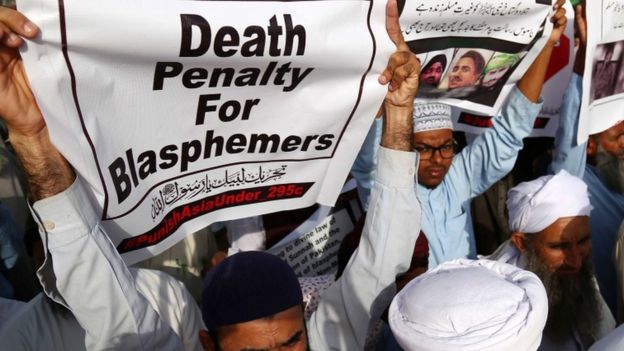
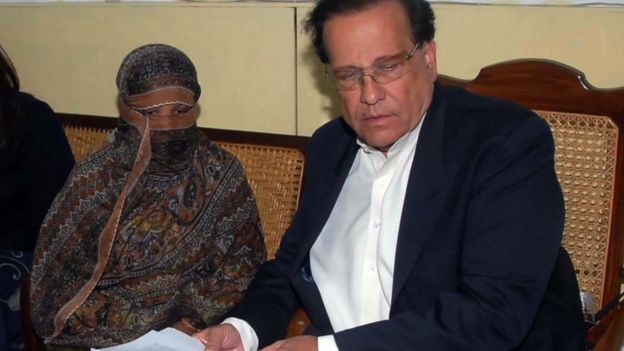
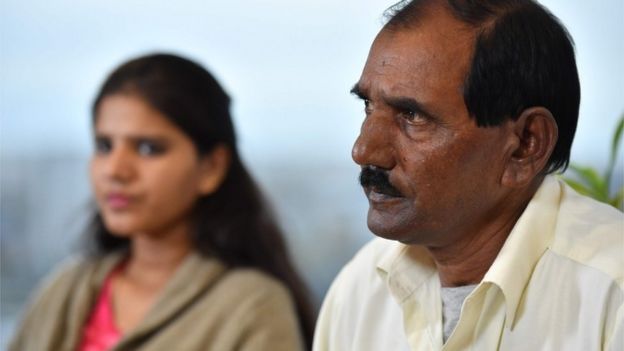





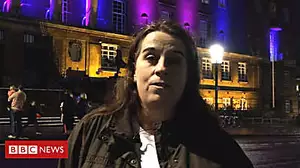









![[Pics] Here’s What Happened When Couple Invented Brilliant Hurricane Defense [Pics] Here’s What Happened When Couple Invented Brilliant Hurricane Defense](https://images.outbrainimg.com/transform/v3/eyJpdSI6IjJkNmNiYjAwNjc1OTNkMDk2MThjM2QwMDBmOTljZTA5Y2RjZGY5ODliMzRiYzI2MTQ4ZDU1ODc5MjFlZTA0ZDUiLCJ3IjoxNjAsImgiOjkwLCJkIjoxLjUsImNzIjowLCJmIjowfQ.webp)


![[Nature Photos] The Last Photo This Famous Photographer Would Take [Nature Photos] The Last Photo This Famous Photographer Would Take](https://images.outbrainimg.com/transform/v3/eyJpdSI6IjNlZWE2ZjQ0OGExZjU3MWU3NDRhMTk0ZjA1ODA2YTUzMDcxZWQyMWQ5YzA2NTRmZjRlMzBjNGE3NmJkMjE2NWQiLCJ3IjoxNjAsImgiOjkwLCJkIjoxLjUsImNzIjowLCJmIjowfQ.webp)
![[Gallery] Iconic "Forrest Gump" Scene Has One Ridiculous Flaw No One Noticed [Gallery] Iconic "Forrest Gump" Scene Has One Ridiculous Flaw No One Noticed](https://images.outbrainimg.com/transform/v3/eyJpdSI6IjUyODlmYmI3YjliYmEyOGJhMWIwNGMxYjhhYzY3MWZjZWE5NGMwN2I0YTg1ODA5OWYyNGY0OWQ3ZTA3ODY5NmMiLCJ3IjoxNjAsImgiOjkwLCJkIjoxLjUsImNzIjowLCJmIjowfQ.webp)
![[Gallery] See Gold Rush Alaska Star Parker Schnabel's House [Gallery] See Gold Rush Alaska Star Parker Schnabel's House](https://images.outbrainimg.com/transform/v3/eyJpdSI6ImFhNTExYTgwZjk4OGJkODVlZGZlYmNmNmFkODU4MWJkOWQ5NDVjOTA0YjQwY2FiZGU0NjhkMmIzMDZmZjg3ZTQiLCJ3IjoxNjAsImgiOjkwLCJkIjoxLjUsImNzIjowLCJmIjowfQ.webp)